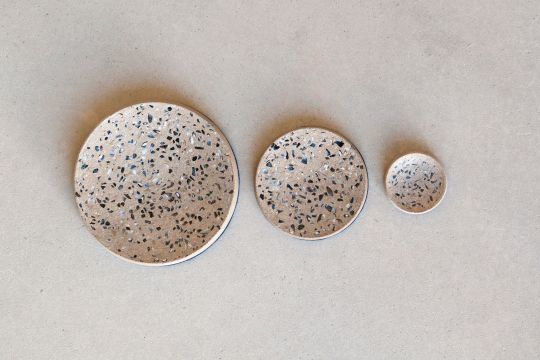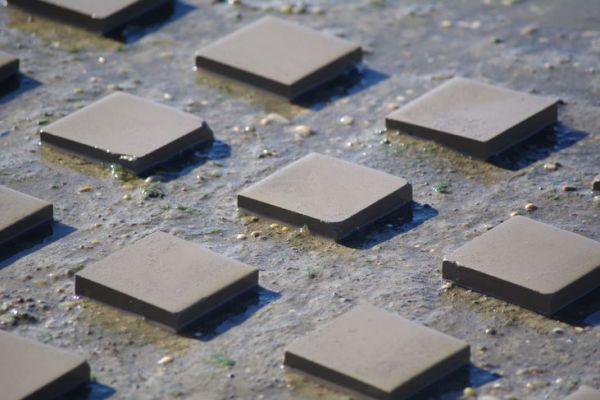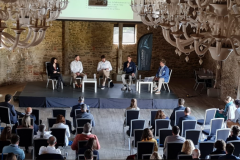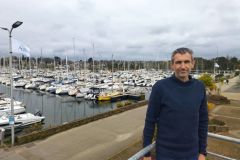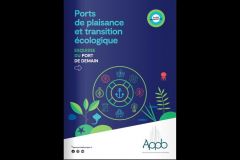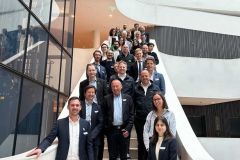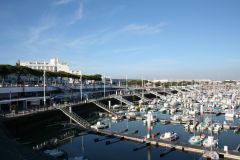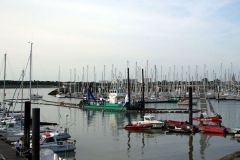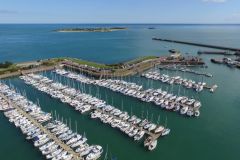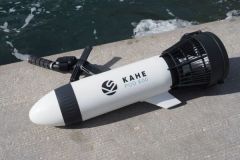3 dredging sediment reclamation projects
Cerema, a public institution specializing in transition issues, particularly in the fields of Sea & Coast, has joined forces with Morlaix Communities to test solutions for reusing sediments collected during dredging operations at the Finisterian port. Following a call for expressions of interest, 3 winners were selected. Gwilen, Labcom CoLoRe and the Morlaix-based association Le Repair were chosen, and will have free access to the sediments to develop their pilot projects. Gwilen is planning to use the sediments to manufacture building materials for the construction industry, in particular bricks, while Labcom CoLoRe, in association with Groupe Pigeon, is considering an introduction to tile installation, and the Morlaix-based association Le Repair is exploring raw earth construction.
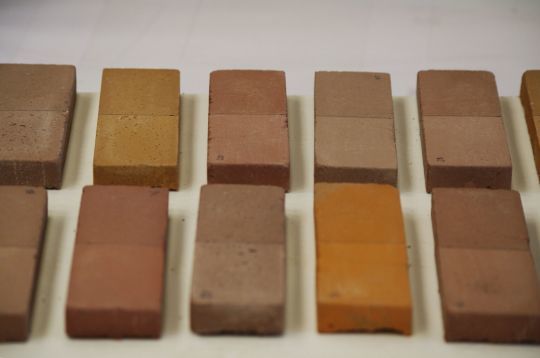
An ecological and regulatory challenge for marinas
Régis Soenen, who is in charge of the project at Cerema, is delighted with this opportunity to experiment with solutions to a long-standing problem: "Sediment reclamation is an issue we've been trying to promote for years, and regulations are evolving favorably for it. To enable these trials, the planets have to align, with a dredging period, a type of sediment, determined managers and motivated companies, and for all this to coincide, as it did this time in Morlaix."
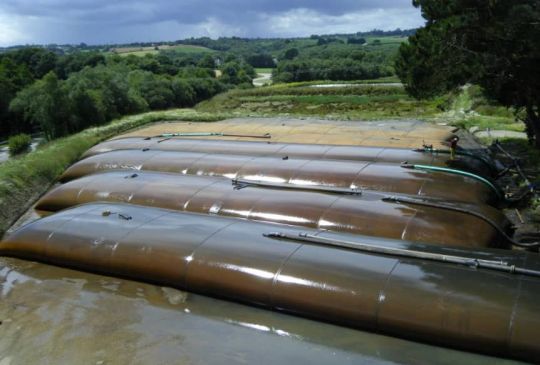
In a context of tightening environmental legislation on dredging and limited resources, it is essential to address the problem now to find industrial solutions, stresses the specialist: "The rules on dumping at sea are becoming increasingly restrictive. We then have to store them in transit facilities to reduce the quantity of water, before reclaiming them. It's better for managers to anticipate regulations, and we're constantly looking for managers who want to get involved in this approach. Although the cost ratio is still 1 to 10 between dumping and reclamation, we are convinced that, under certain conditions, sediment can be a product and not a waste product. The AMI should enable industrial pilots to find an economic model, so that the big manufacturers can see it as a raw material. The challenge is to create an industry."
